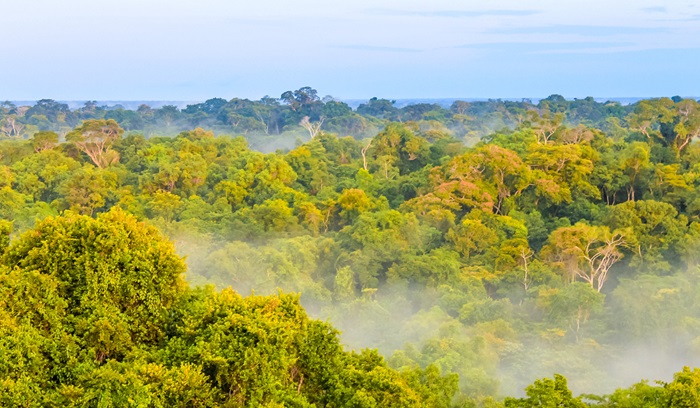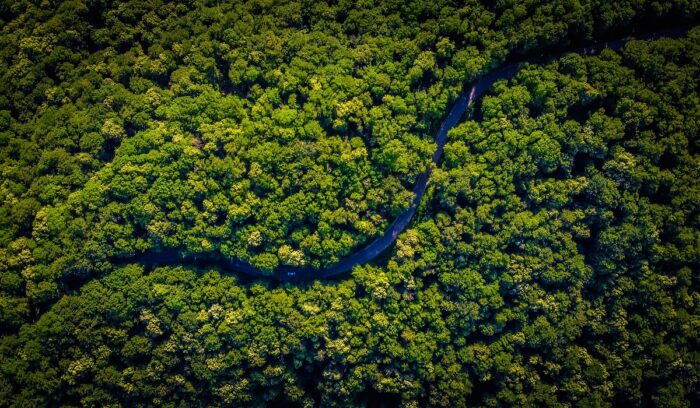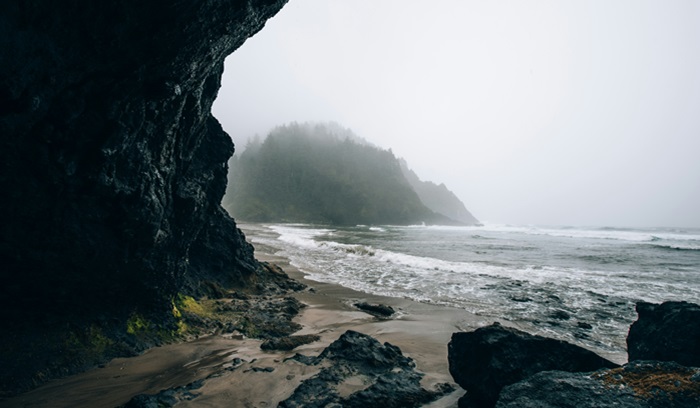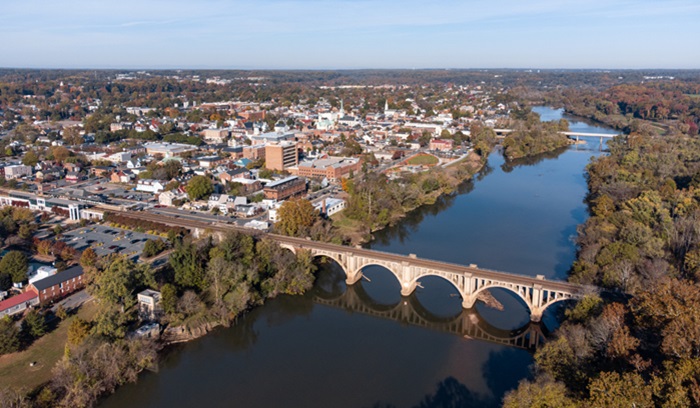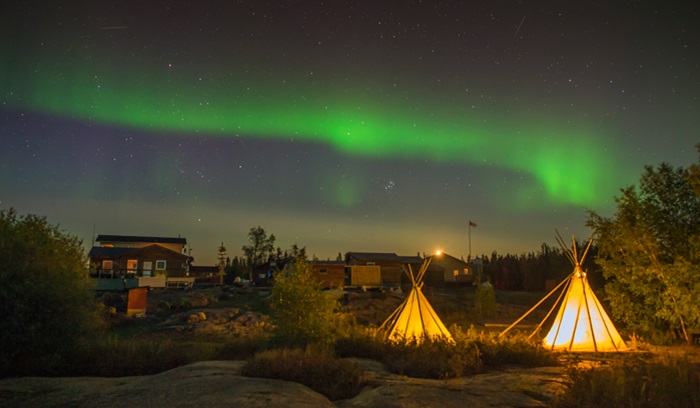The Yurok Tribe reclaims 17,000 acres of stolen land in California’s largest-ever landback deal
The Yurok people have lived along the Klamath River in Northern California for millennia. But when the California gold rush began, the tribe lost 90% of its territory. For the last two decades, the tribe has worked with the nonprofit Western Rivers Conservancy to get its land back. The 17,000 acres compose the final parcel of a $56 million, 47,097-acre land transfer that effectively doubles the tribe’s land holdings. The tribe has already designated the land as a salmon sanctuary and community forest and plans to put it into a trust.



